First of all – don’t freak out. While it might be scary at first, know there are answers and help at the ready.
First, if you are sick and experiencing ANY cold, flu, or even allergy-like symptoms, get tested for COVID -even if you do not feel very ill. It is now widely known that many individuals only experience very mild symptoms, while others may not experience any symptoms at all. Each person’s body reacts differently to the virus. Additionally, each variant affects the body differently.
The newest Omicron variant is believed to spread more easily, despite a person’s vaccination status. According to the most recent data, Omicron accounts for about 95% of currently reported COVID cases. Omicron also appears to be highly adept at ignoring the vaccine. Overall, it appears to be less severe than other variants. Most people’s symptoms resolve quickly and do not require medical treatment and research indicates that the current risk of hospitalization and ICU treatment is at least half of what was seen with the Delta variant “The Omicron variant is the predominant variant in Nevada and around the country. Omicron is extremely transmissible. While some of those contracting the Omicron variant aren’t as sick as those who had the Delta variant, the high transmissibility rate of Omicron is of concern. The unvaccinated are still the most at risk for hospitalization and death from COVID, regardless of variant,” reported Banner Health professionals. It is critical to remember that older individuals and those with underlying health conditions are still at higher risk for severe illness, hospitalization, and even death.
If you have tested positive, you almost certainly have the Omicron variant. You can expect to experience what you would with an ordinary cold. Symptoms can include sore throat, nasal congestion, runny nose, sneezing, a mild cough, headache, and fatigue. Some individuals also experience nausea, low back pain, and night sweats. Evidence shows that severe cough and fever are far less common with Omicron, as is the loss of taste and smell. However, it is possible to experience symptoms seen in the previous variants.
Self-care at home: Monitor your symptoms carefully. Like with any viral infection, get plenty of rest, stay hydrated, and take over-the-counter medications as needed for pain, such as Tylenol or ibuprofen. Check with your doctor about other medications that might be recommended if you experience worsening symptoms. Seek medical help immediately if you experience trouble breathing, persistent pain or pressure in the chest, new confusion, inability to wake or stay awake, bluish lips or face.
Testing: Testing is still available by the County 485 Miner’s Road near the Churchill County Fairgrounds. The hours for testing are posted online, or you can call 775-423-6695.
You can even preregister for testing online and receive your result electronically, but no appointment is needed to test. (https://www.churchillcountynv.gov/1014/COVID-Testing).
Quarantine: Be sure and quarantine upon becoming symptomatic or testing. The rapid test results are available within a couple of hours, and the PCR testing is usually available within 48 hours. The new CDC guidelines now recommend a 5-day isolation period if you test positive (unless you have had a fever within 24 hours) and your symptoms resolved or are improving. It is not required that you quarantine for 10-14 days. According to the CDC, “the majority of SARS-CoV-2 transmission occurs early in the course of illness, generally in the 1-2 days prior to onset of symptoms and the 2-3 days after.” It is expected that most people will continue to test positive 6-14 days with a rapid test and even longer – even up to 60 days, with a PCR test. However, the contagious period has long passed. If your employer requires a negative test to return to work, direct them to the CDC guidelines that state: “Employers should not require a sick employee to provide a negative COVID-19 test result or healthcare provider’s note to return to work.” (www.cdc.gov/coronavirus/2019-ncov/community/general-business-faq.html).

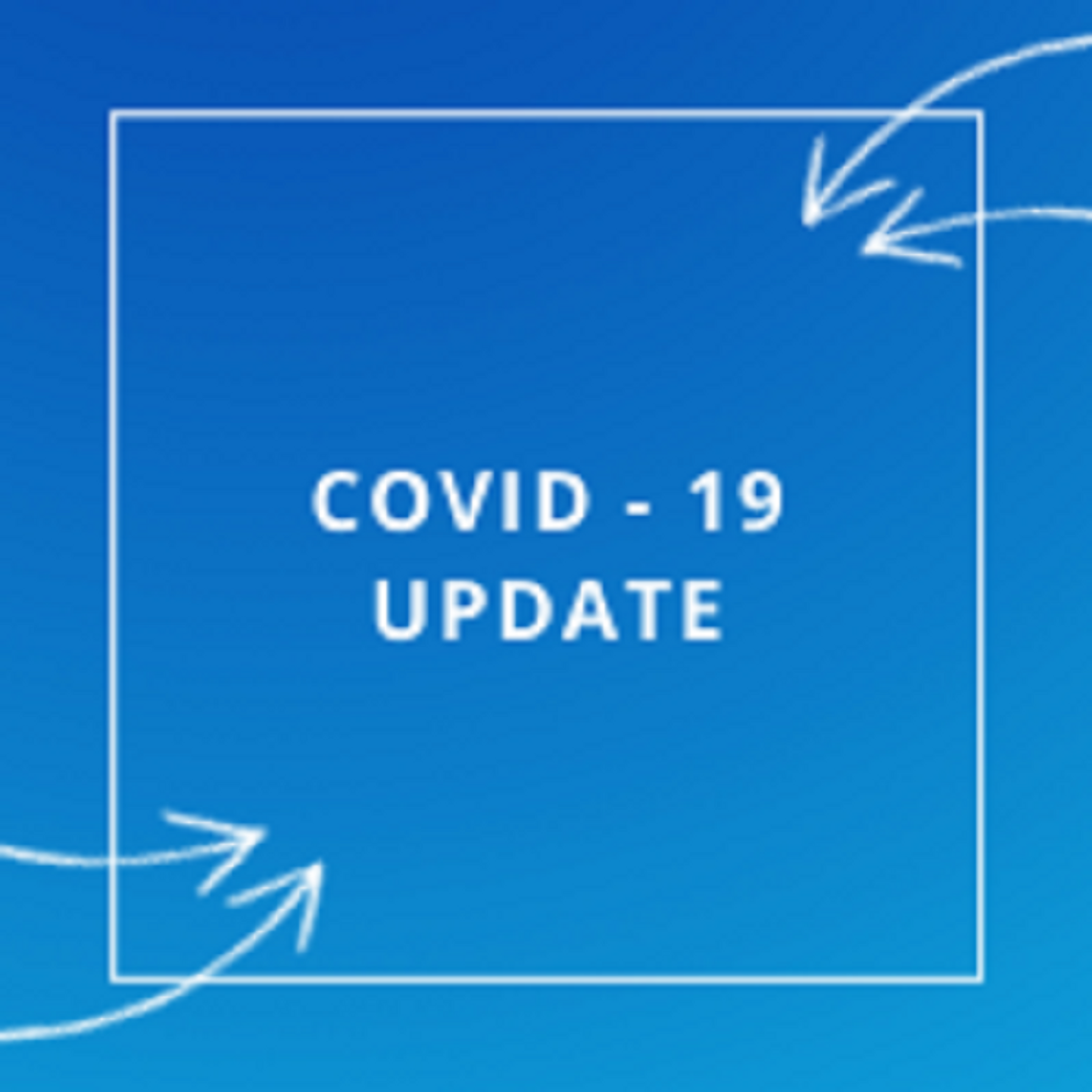
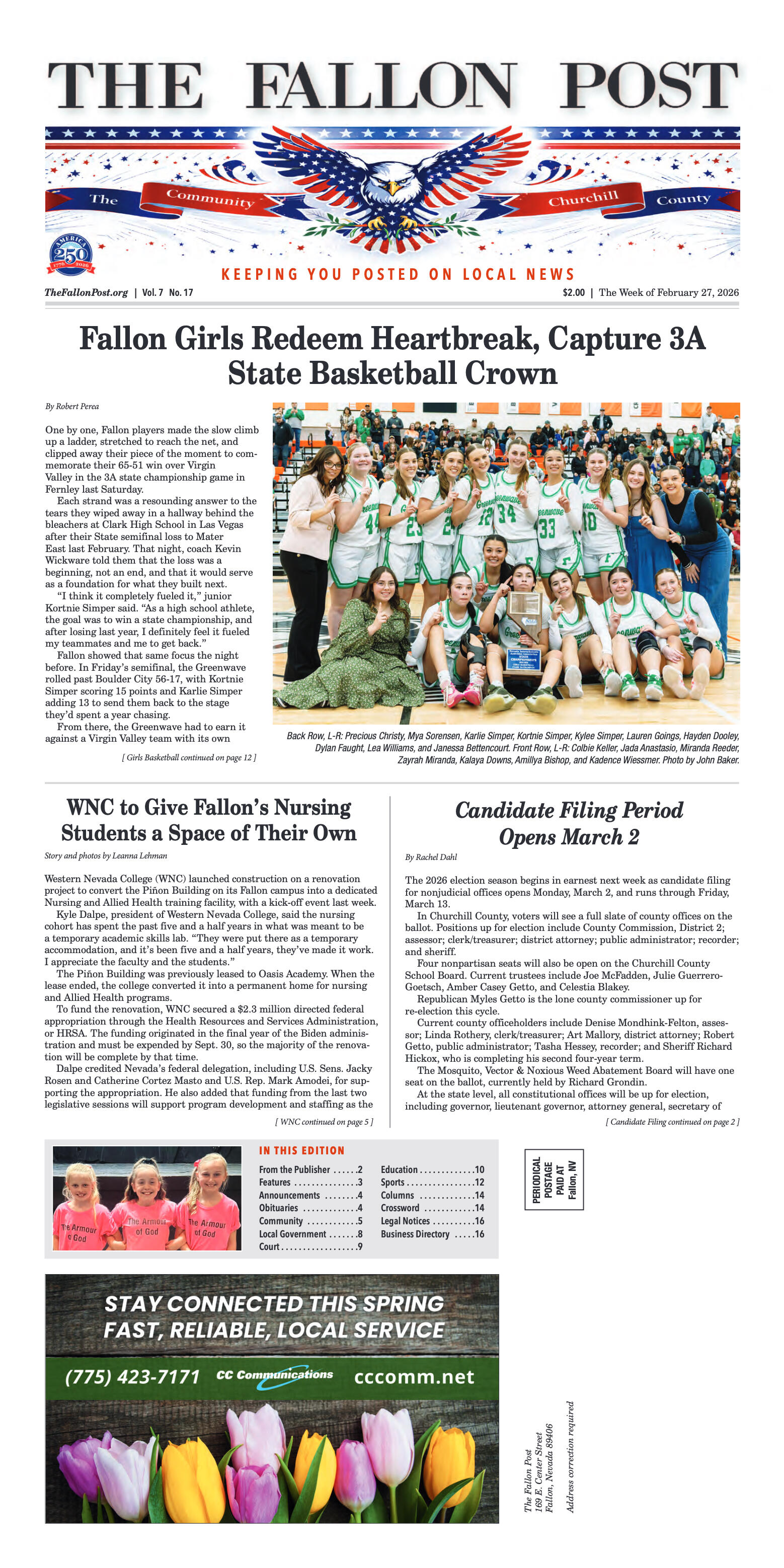
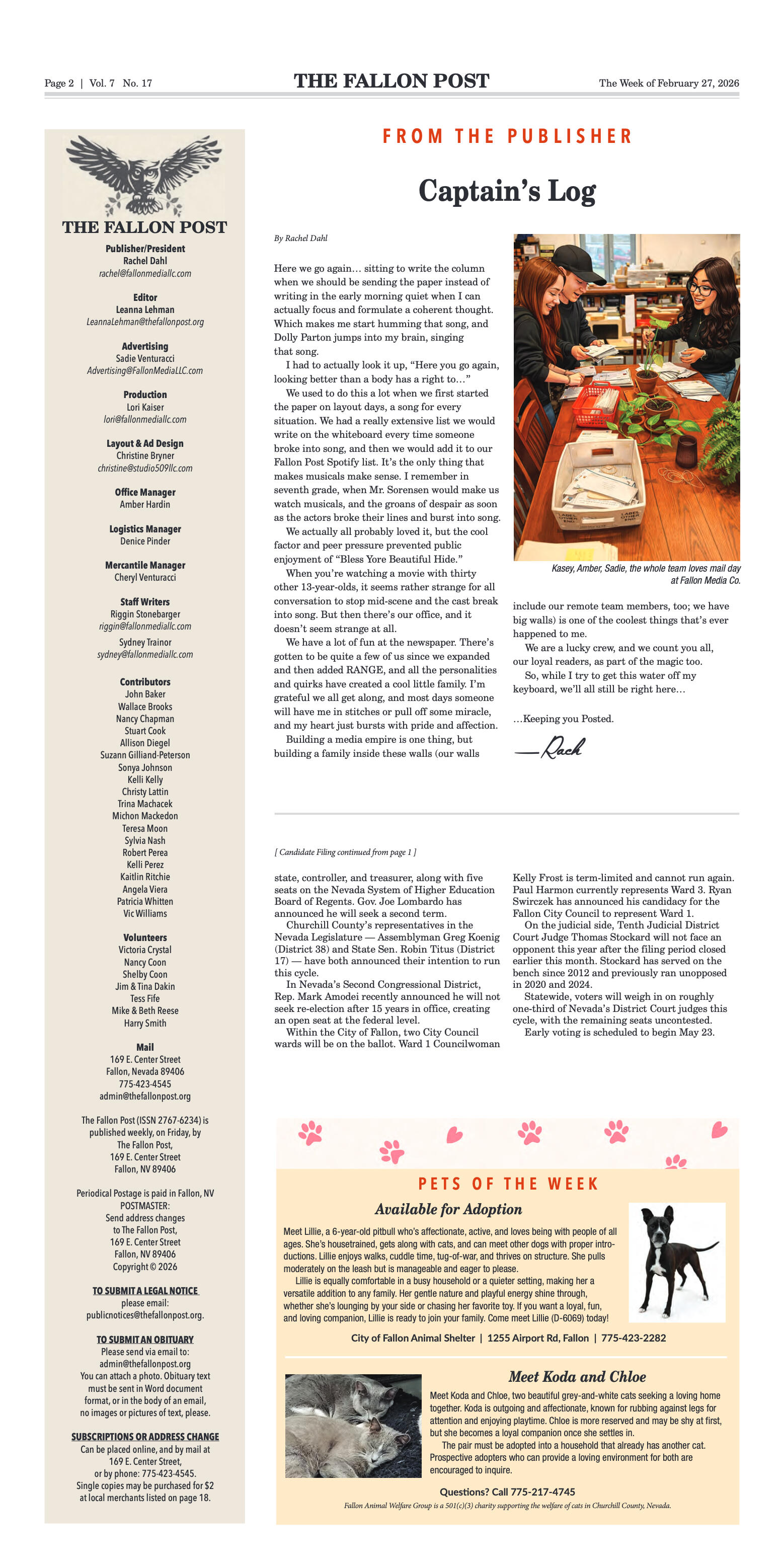
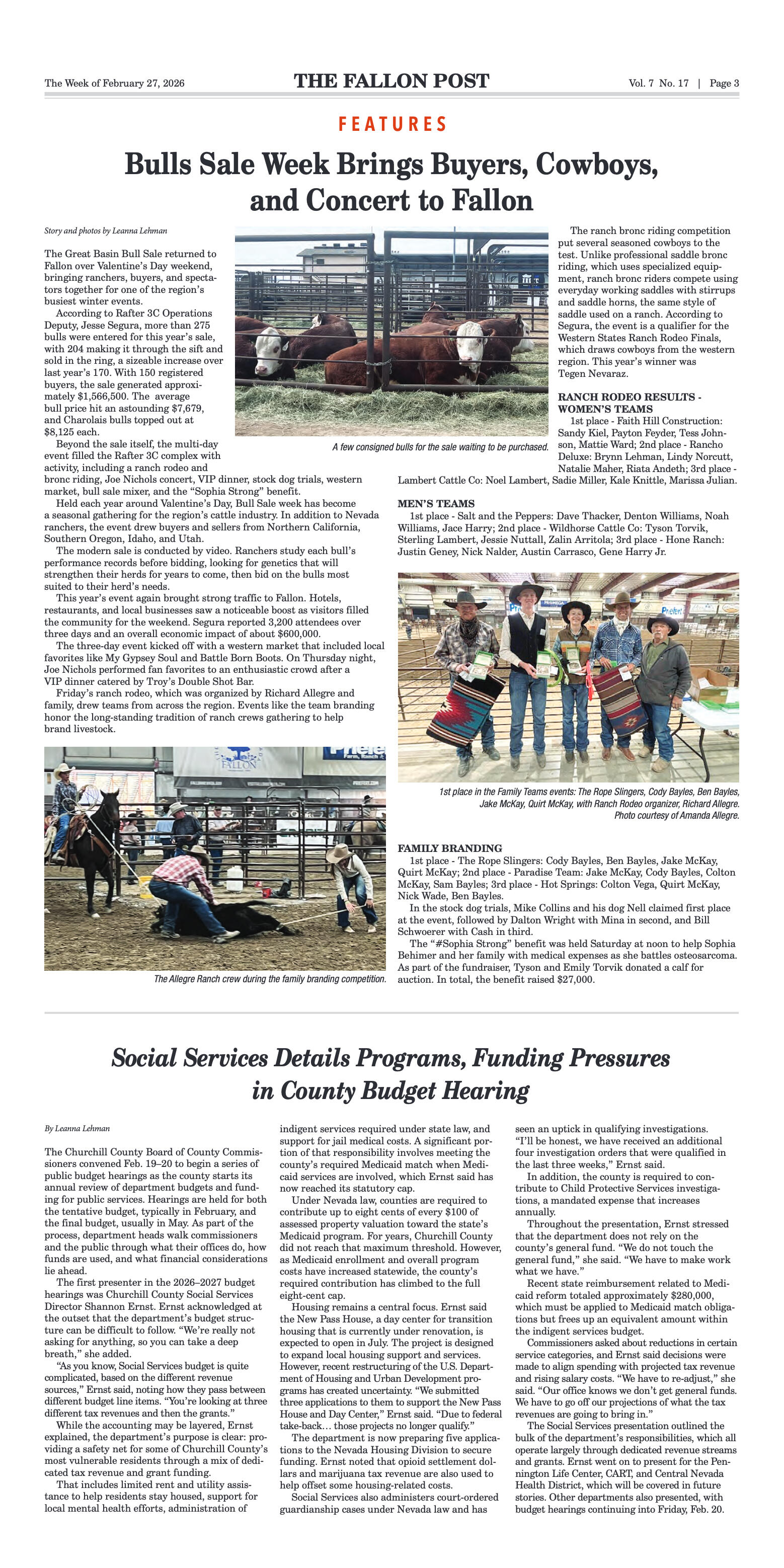
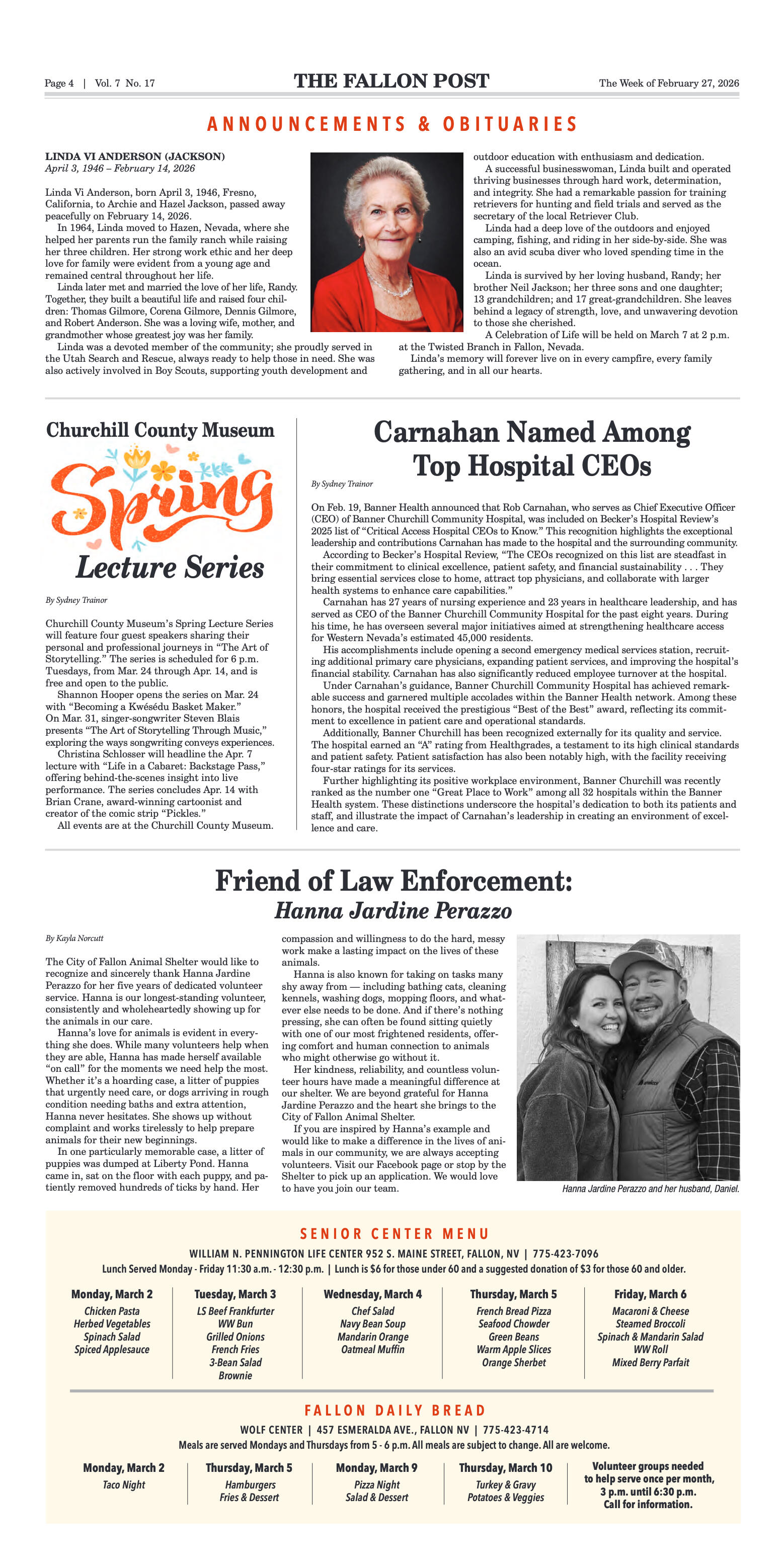
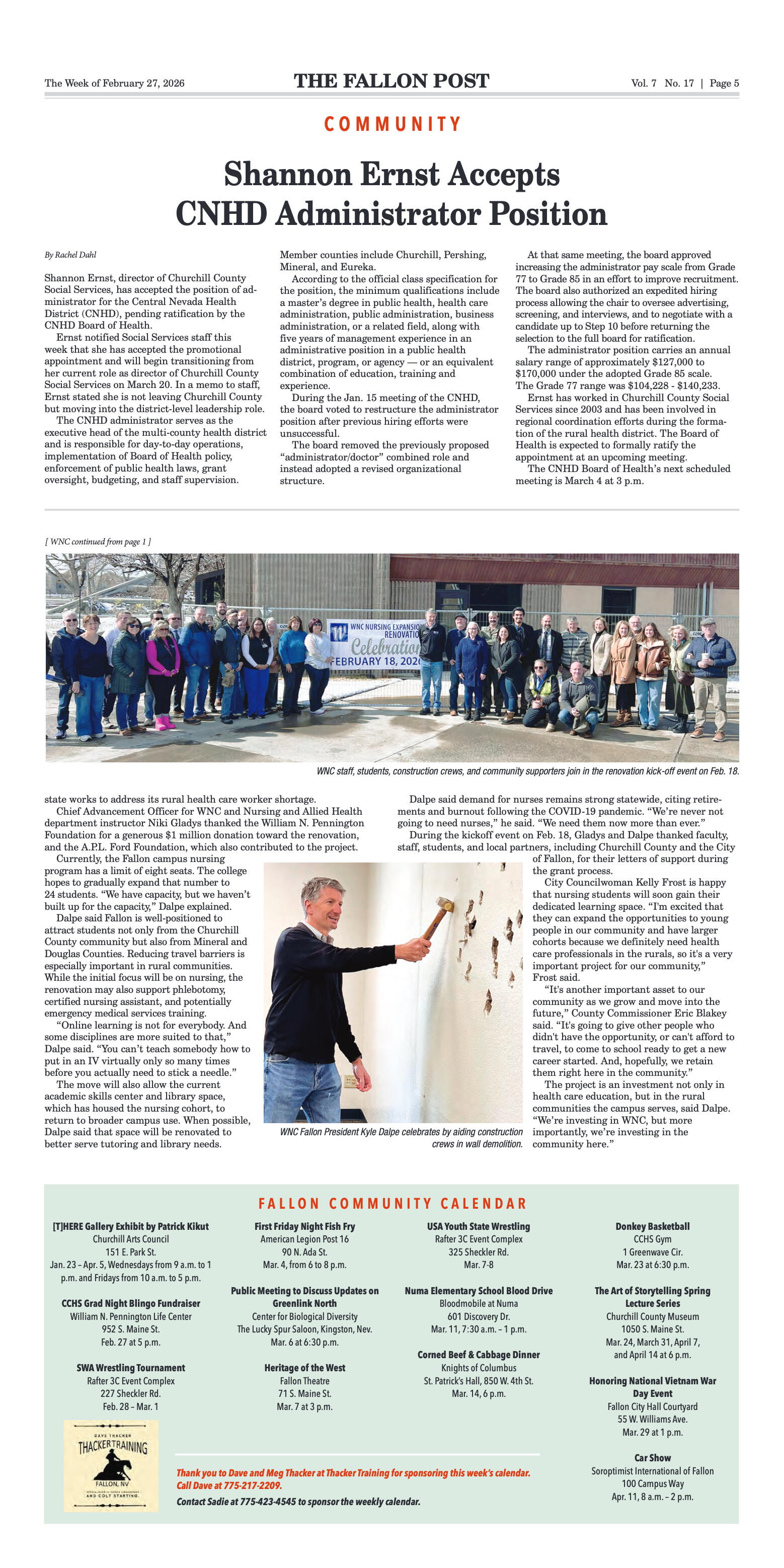
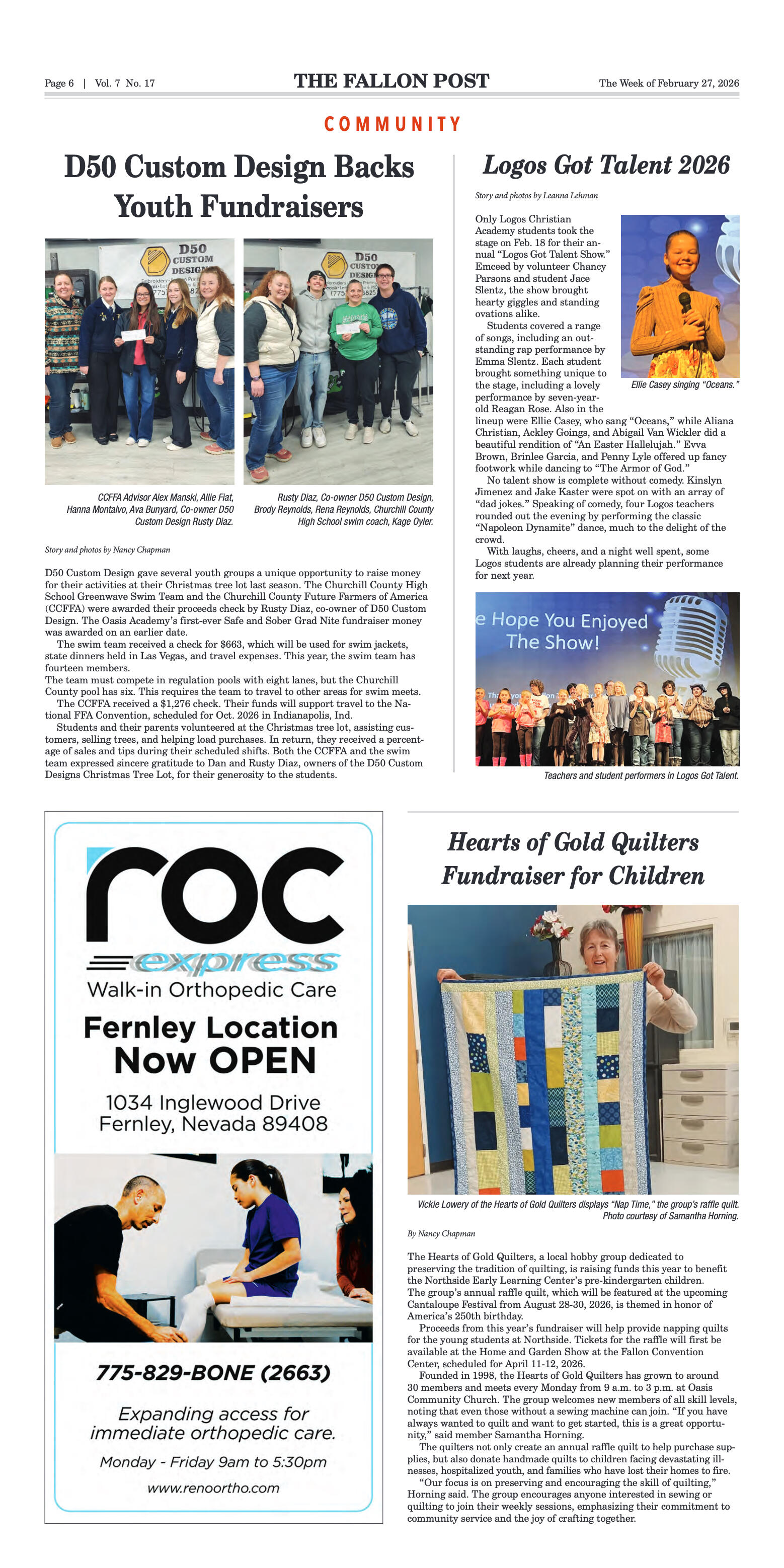

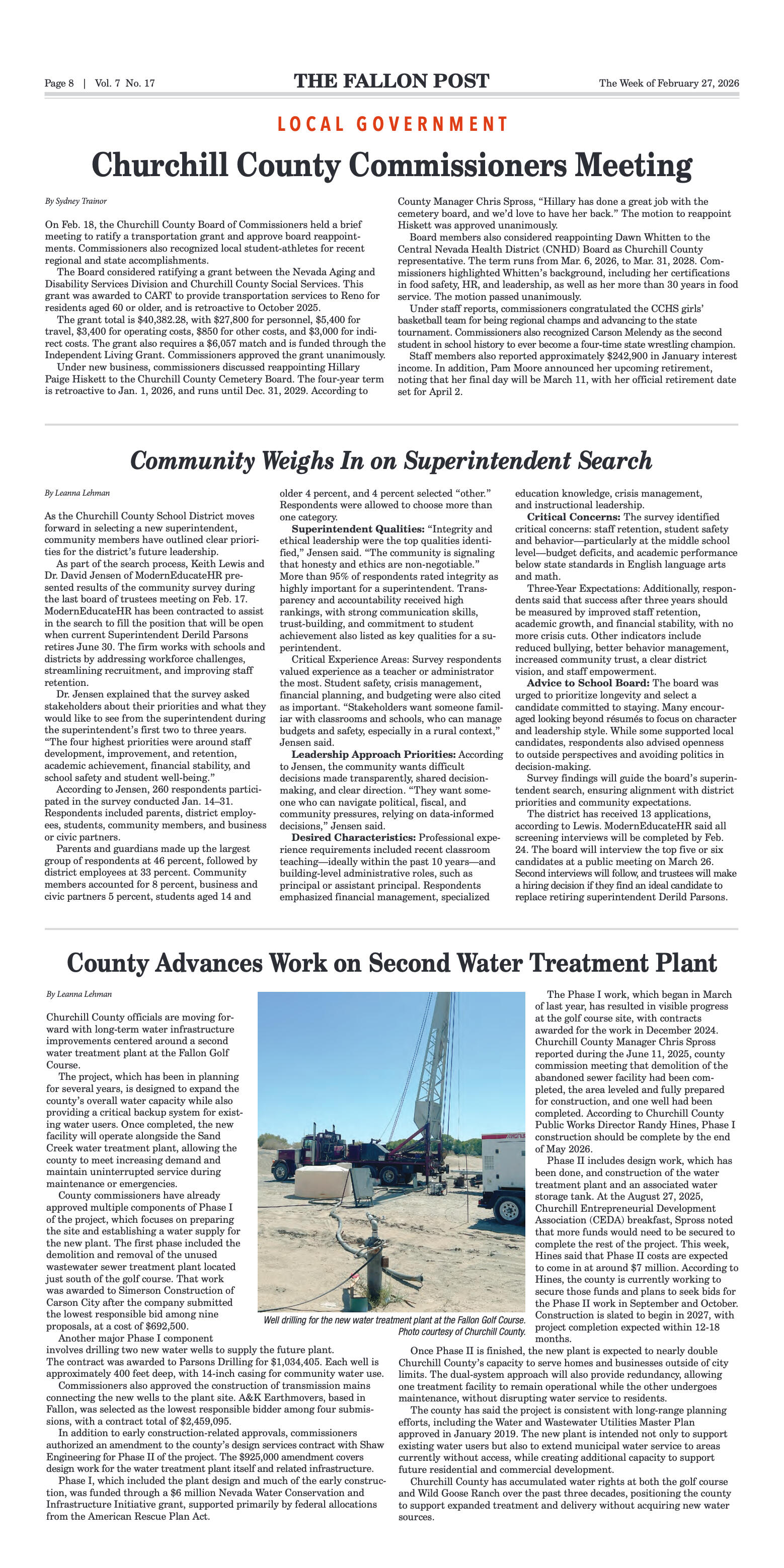
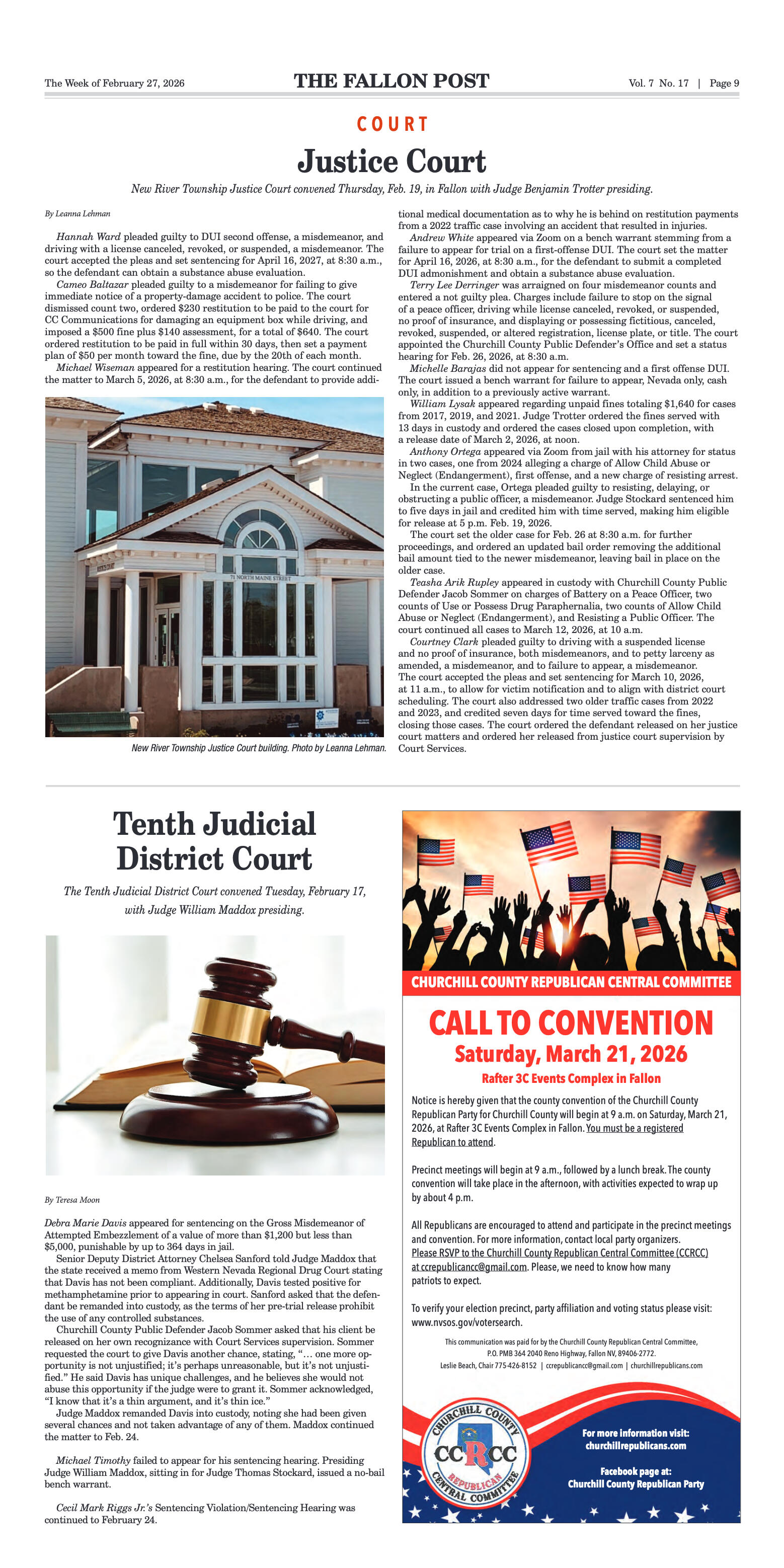
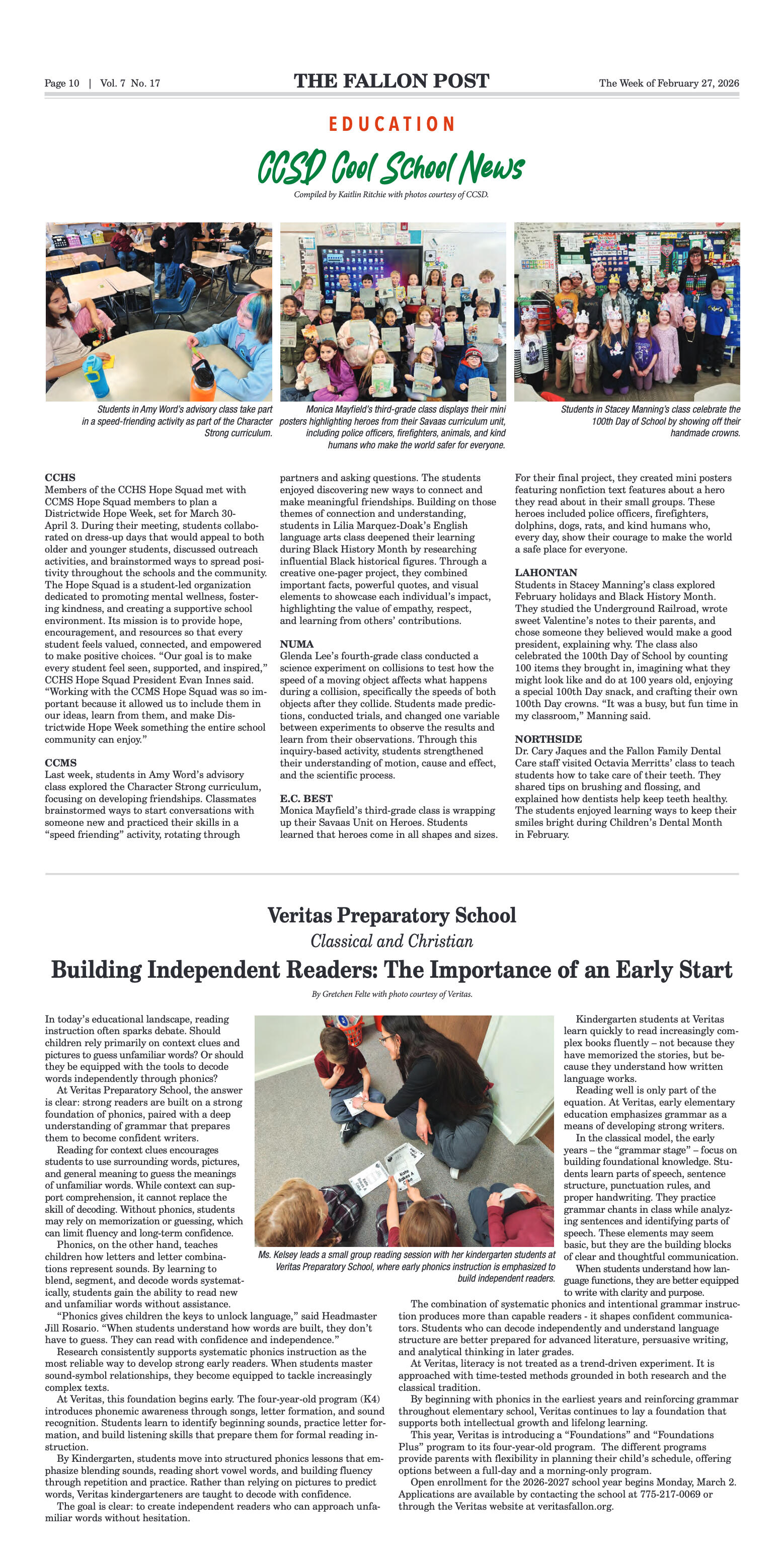



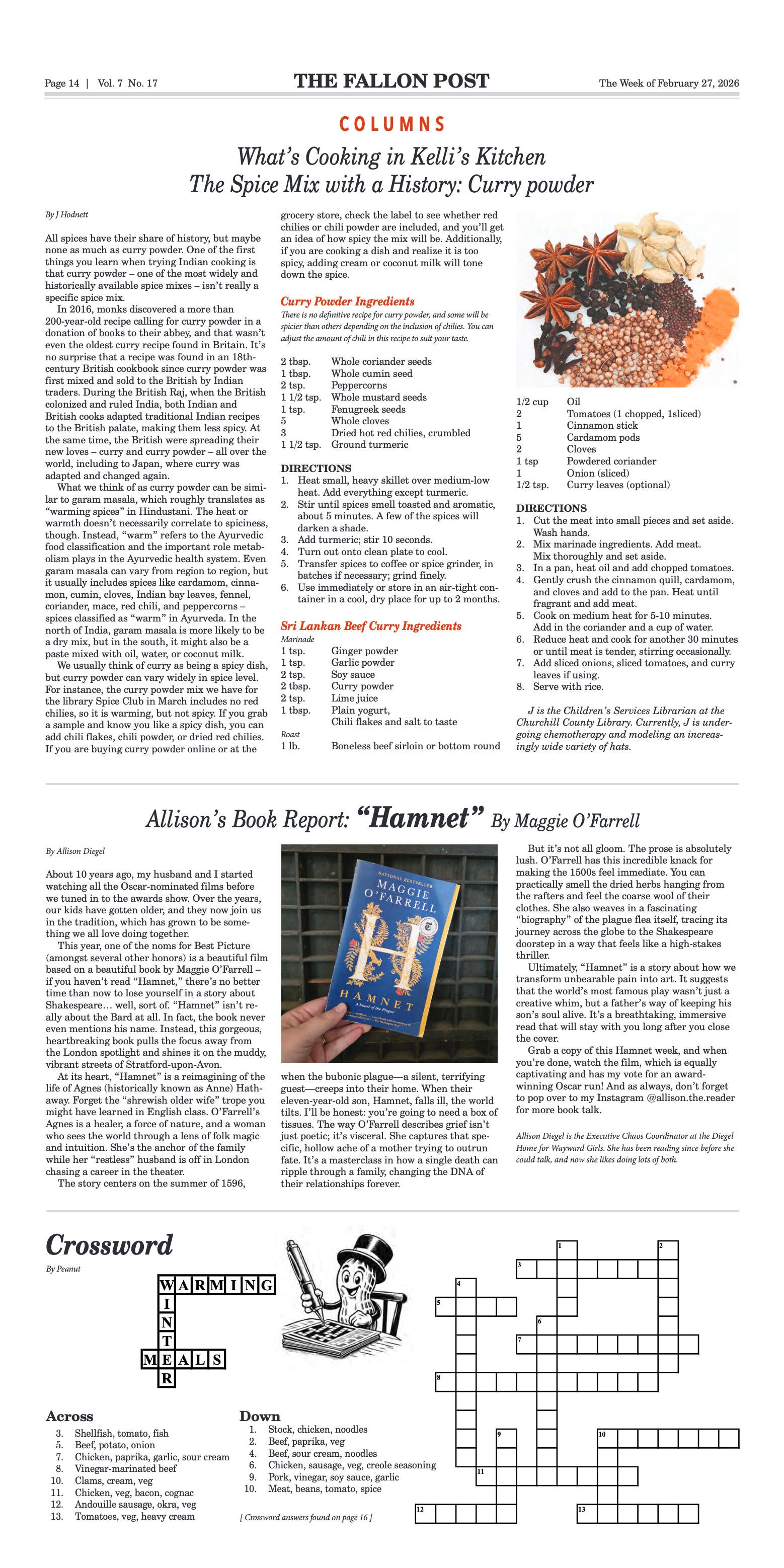

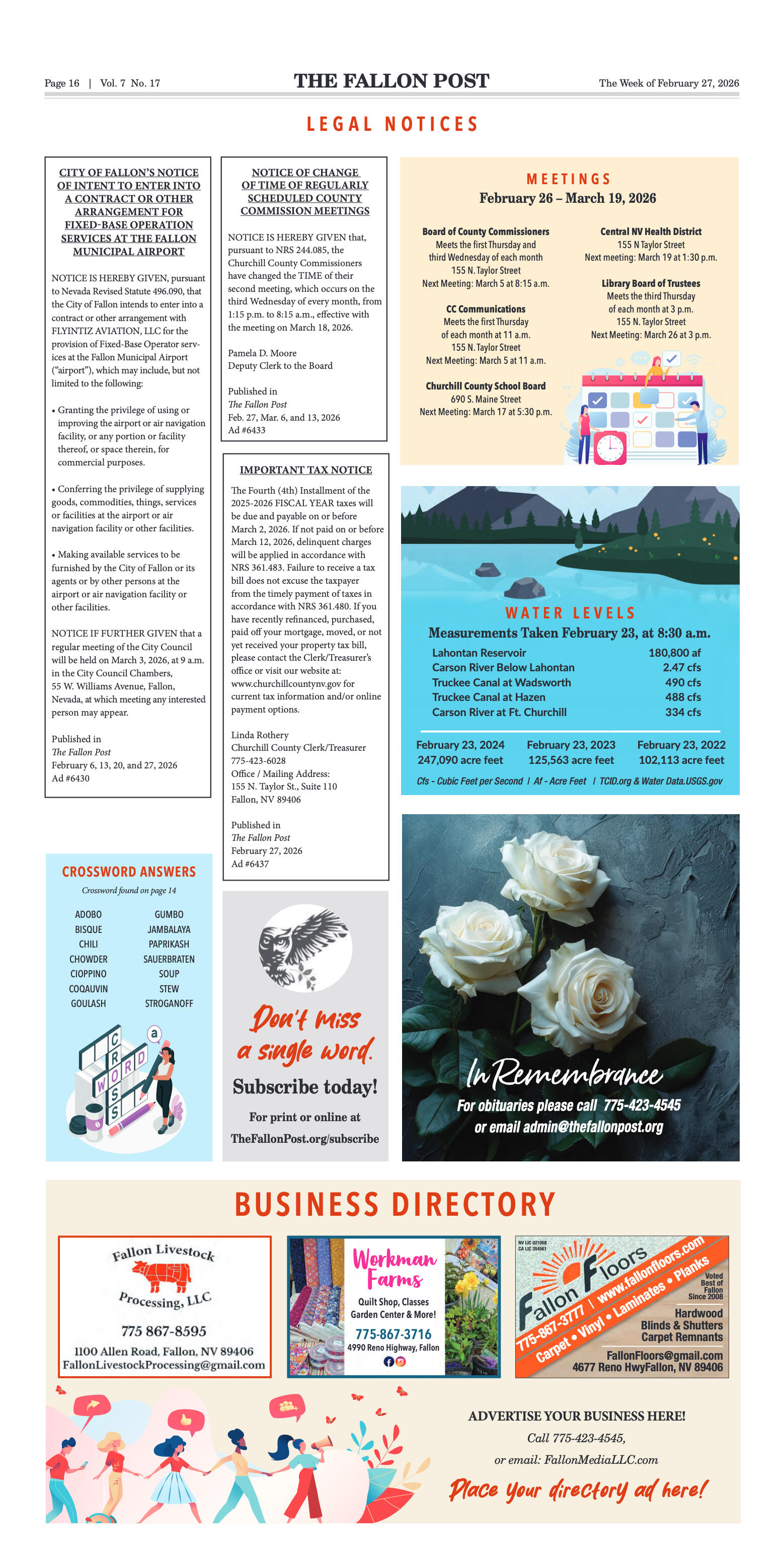


























Comment
Comments